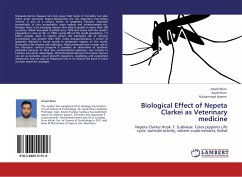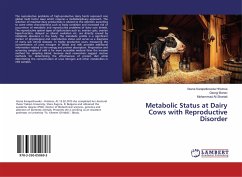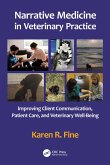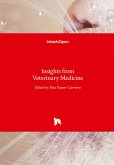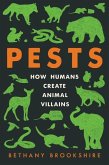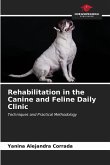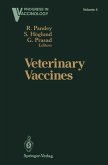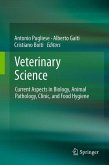Mosquito-borne diseases not only cause high levels of mortality, but also inflict great economic impact.Mosquitoes are the important man-biting vectors. It acts as a serious Vector of lymphatic filariasis, Japanese encephalitis, st Lous encephalitis, avian malaria and schistosomiasis etc. Dengue fever is an emerging disease that affects people in more than 100 countries. Which increased fourfold since 1970 and nearly half the world s population is now at risk. In 1990, nearly 30% of the world population, 1.5 billion people, lived in regions where the estimated risk of dengue transmission was greater than 50%. Culex quinquefasciatus, a vector of lymphatic filariasis is found mostly in temperate regions of the world, throughout the tropics and subtropics. Phytochemicals have a major role in the mosquito control program. It provides an alternative to synthetic pesticides because of their low environmental pollution, low toxicity to humans and other advantages. Phytochemicals derivedfrom plant sources can act as larvicides, insect growth regulators, repellents, and oviposition attractants and can play an important role in its control.The book in hand can ben assest for zoologist.
Bitte wählen Sie Ihr Anliegen aus.
Rechnungen
Retourenschein anfordern
Bestellstatus
Storno

